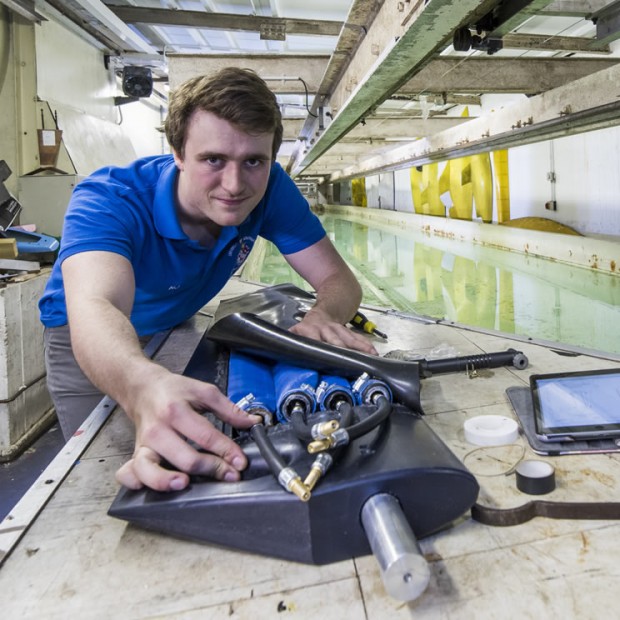Hartley News Online Your alumni and supporter magazine
The creation of nursing assistants to replace registered nurses is a dangerous step in the wrong direction advises Professor Peter Griffiths, Chair of Health Services Research at Southampton, following research conducted in this area.
“The UK, in common with many other countries, is facing a shortage of nursing staff in the midst of ongoing pressures to control costs and maintain quality of care. One response has been to substitute nursing professional roles with lower paid, lower qualified assistant personnel. Ostensibly, the reason is to address the shortage of registered nurses. However, in the UK and specifically England, we have been training fewer nurses than workforce projections say are required for a decade.
The obvious solution – training more nurses – is being ignored, which suggests that costs savings is the real driver.
In principle that is fine, if we can provide people with equivalent standard healthcare at lower cost. In earlier research, we looked at nurse-for-doctor substitutions, for example with nurse-led clinics in general practice, and there is evidence suggesting nurses can safely and successfully substitute for doctors in many situations, freeing up doctors’ time and with advantages to patients in terms of positive experience of care and personal attention from nurses.
However, we have a very strong and growing evidence base that is showing associations between the number of registered nurses on hospital wards and patient outcomes. We formed part of a team that undertook research involving nearly 500 hospitals in 12 European countries, which explored a range of issues around the nursing workforce, but crucially around the numbers and type of nurses needed in acute hospitals.
A number of studies have been published from our research, one of which has shown that as the number of registered nurses goes down, the hospital mortality rate goes up.
Recently, we also showed that you can’t use assistants to make up any shortfall in registered nurses.
In our hospital sample, there were an average of six caregivers for every 25 patients, four of whom were professional nurses. On an average ward, substituting one professional nurse for a nurse assistant was associated with a 21 per cent increase in the odds of dying.
This evidence suggests that the NHS must treat the appointment of increasing numbers of nursing assistants in the face of registered nurse shortages as a potentially risky experiment. Imagine trying to replace a treatment of known effectiveness with a new drug that was cheaper. We would first ask if there was support for the proposed mechanism and whether the new drug would be as effective as the current drug. Substituting registered nurses in this way fails that test. Given that we have no evidence that we can safely put in these intermediate level roles, it is an absolute requirement that the NHS proceeds with caution and properly evaluates the impact.
Time and again, health policy makes changes to the nursing workforce without applying that standard of evidence, even though we have a background of research that shows that nurse staffing levels and skills mix are associated with important patient outcomes up to and including death.
One of the things that was highlighted in the Mid Staffordshire inquiry was the extent to which the Trust was manipulating its workforce, in large part to save money. It was done without reference to the very significant evidence base that pointed to the risks they were incurring. It emphasises the absolute importance of training within the workforce as a whole.
In addition to the differences in mortality rates, there are the possible consequences of a deficit in soft skills. Hospitals deal with people in times of absolute crisis, and the small things that happen to people can make huge differences, not just in terms of physical recovery, but also emotionally.
The exigencies of modern healthcare mean that actually very decent people are sometimes unable to deploy their basic human nature in the face of appalling pressures. The role of training is to improve those basic skills and make them more robust against the stresses and strains they face. All evidence points to the importance of training people, and nowhere do we see an invitation for the opportunity to downgrade the nursing workforce.



